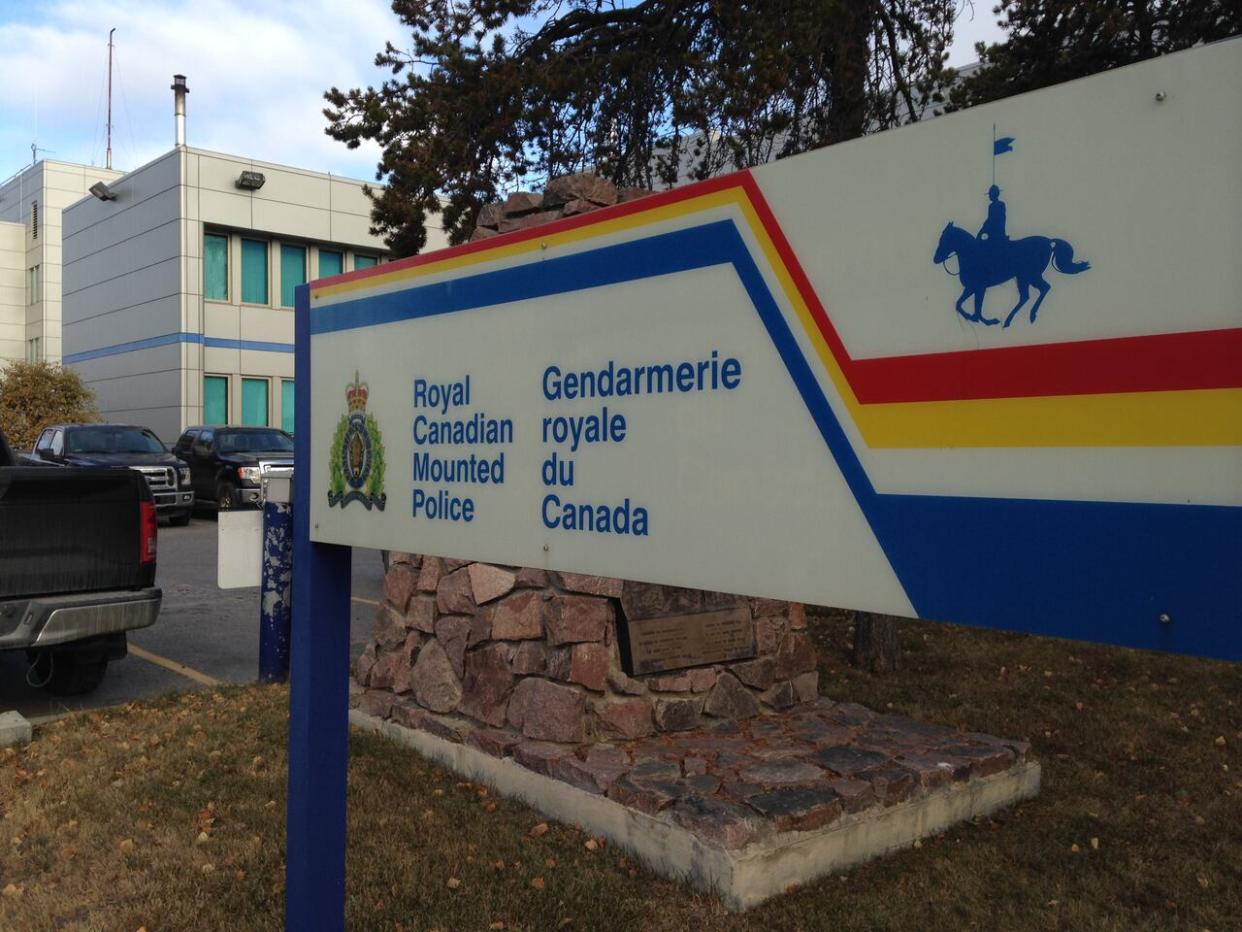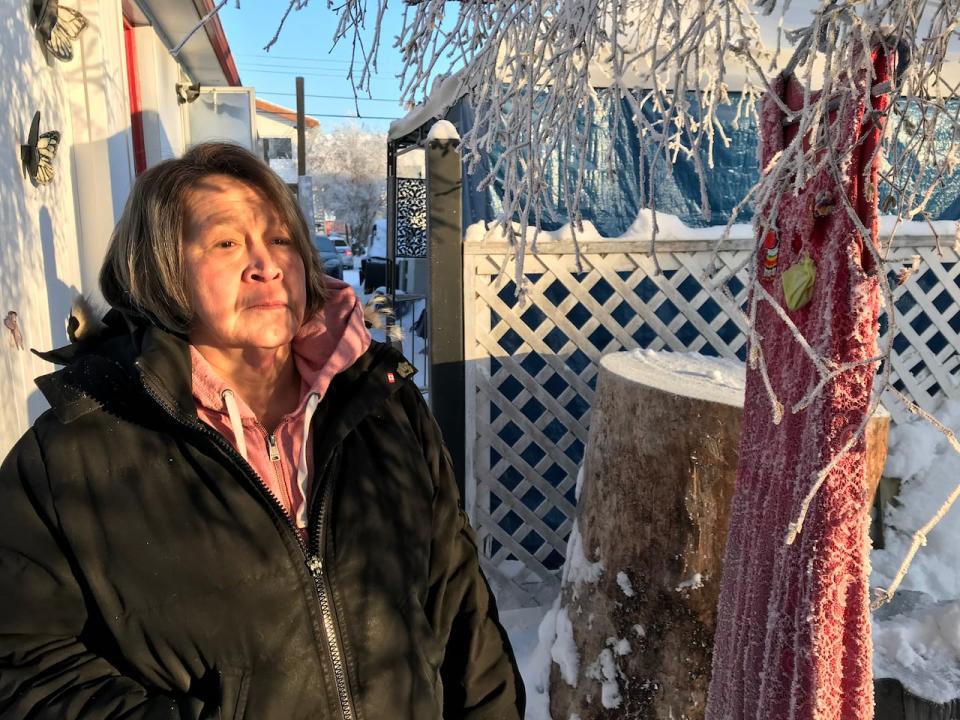N.W.T. RCMP unit dealing with dozens of unsolved murder and missing person files

It's been five years since the N.W.T. RCMP's Historical Case Unit was first announced — and the number of unsolved historical missing and murdered persons cases in territory has since grown.
The police unit is dedicated to investigating cold case files in the N.W.T. When it was announced in 2018, the territory's justice department allocated $304,000 for the unit.
It did not become fully staffed until June 2019.
In 2018, there were 71 unsolved historical cases in the territory and 63 were considered open. Since then, the unit has identified 9 more cases, bringing the number of cold cases up to 80.
This includes four men who were at the centre of a massive search and rescue mission when they failed to return home from a commercial fishing trip in 2019, as well as three people who went missing while snowmobiling from Detah, N.W.T., to Lutselk'e, N.W.T., in the same year.
Also among the historical cases is an incident from 1972 when three boys ran away from a residential school in Inuvik, N.W.T., and only one made it across the land to Tuktoyaktuk. Another of the boys was later found dead, and the third boy was never found.
According to an RCMP spokesperson, the Historical Case Unit consists of two officers and support staff.
They are currently focusing on data migration, which is an ongoing task involving scanning documents and digitizing audio and video tapes. They are also adding previous work done by investigators to a searchable database.
The spokesperson would not provide any specific information about any of the cases, but said investigative work is ongoing.
"Generally speaking, this means advancing the investigations through new avenues, revisiting old witnesses, reevaluating medical evidence and reconsidering the value of evidence that was previously seized," the spokesperson wrote in an email to CBC.
Advancements in DNA technology also play an important role in the work the unit is doing. The majority of the cases date to a time when such technology was not widely available and therefore not taken into account, but police are now trying to use familial DNA to advance their investigations.
The unit also produced a video with Crime Stoppers on the Mariella Lennie case. The 17-year-old's body was found in Yellowknife in 1992 and the case has never been solved. Police hope the video, made with the help of students from Sir John Franklin High School, will bring new evidence.
'We're not complete,' says mother of missing woman
Kathy Meyer, whose daughter Angela Meyer disappeared in November 2010, believes the N.W.T. cold case unit is a positive step, though she wishes it had more direct contact with the families.
Thirteen years after Angela went missing from her family's home in Yellowknife after going outside for a cigarette, Kathy and her family feel no closer to finding answers.

Angela Meyer went missing in 2010, in Yellowknife and her case has never been solved. (Kathy Meyer)
At the time she disappeared, Angela was struggling with schizophrenia and was on a weekend pass from the psychiatric ward at Stanton Territorial Hospital.
Ground, air, and a police dog search was conducted but the 22-year-old was never found.
The only evidence that did turn up in the search was a black and red Arctic Winter Games jacket, suspected to belong to Angela.
A year after Angela's disappearance, Kathy told CBC News that it had taken "a big toll" on the family.
"We're not complete. It's very difficult to talk about her being gone," she said.
In 2018, members of Meyer's family were the first to testify to the inquiry into missing and murdered Indigenous women in Yellowknife.
"She was a very loving girl. I don't like using 'was' — she is," Kathy tearfully told the commission at the time.
Angela's father Dean Meyer also told the commission that the RCMP took the investigation seriously — a sentiment that Angela's sister Candice Meyer shared when the official RCMP search was called off in late December 2010.
Today, Kathy says the family no longer has regular contact with the RCMP, and she wishes they did.

'It's always on the back of my mind,' said Kathy Meyer, Angela's mother. (Mitch Wiles/CBC)
"To let [families] know how it would work or what sort of expertise they think they have, because obviously we don't [know] as regular people. And is it something that they can help us understand," Kathy said.
"We want to know where she is. And it's hard to say if dead or alive, but it's always on the back of my mind, anyway. It's hard."
Kathy added that she appreciates when people still remember her daughter, and talk about her.
"When people let us know that they think of us, we appreciate that," Kathy said.
"It does not get any easier, that's for sure."


